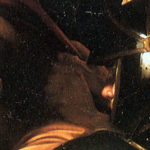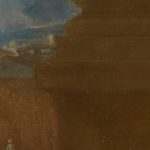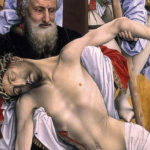
There are common barriers to Christian faith advanced by humanists. These include the doctrines of depravity, hell and suffering. Some persons resist the call to faith claiming that a good God espoused by Christians would not permit the ongoing of depraved people, that he would be too loving to send recalcitrant persons to hell, and that there has been no satisfactory explanation for suffering, especially the suffering of children. From the limited purview of nature’s context in which we live, move and have being the points are fair and offered as reality. If held in emotional fury, they become threatening. If the humanist holds that understanding extends only to that available in nature, and the theist holds that faith projections… Read more








